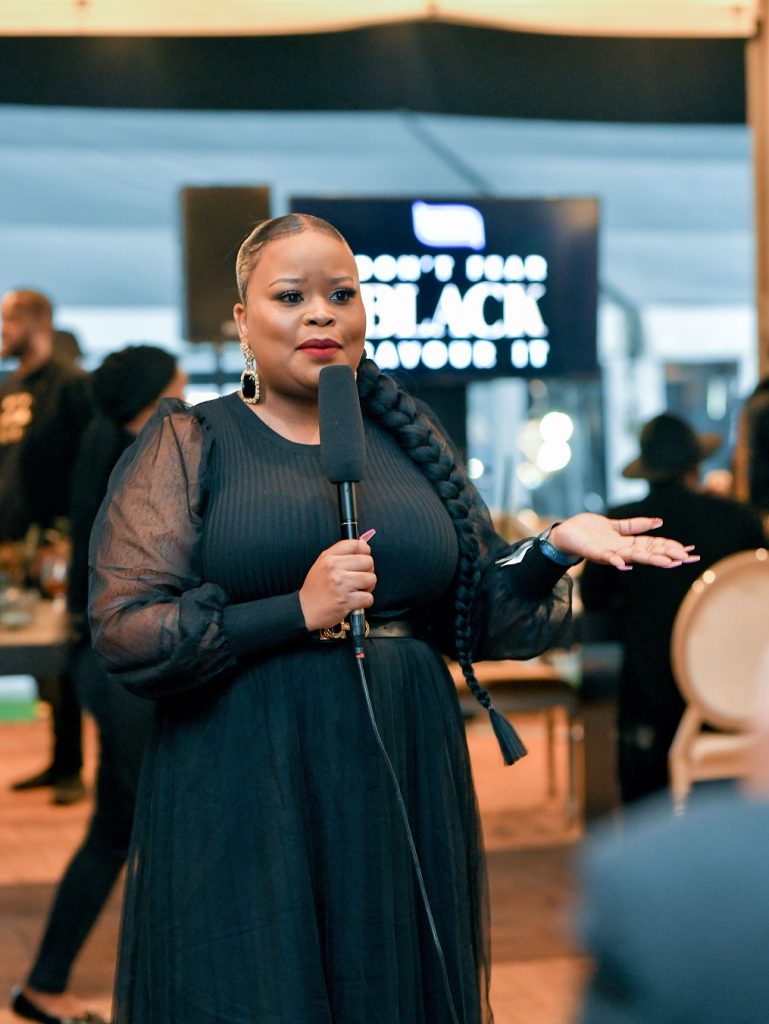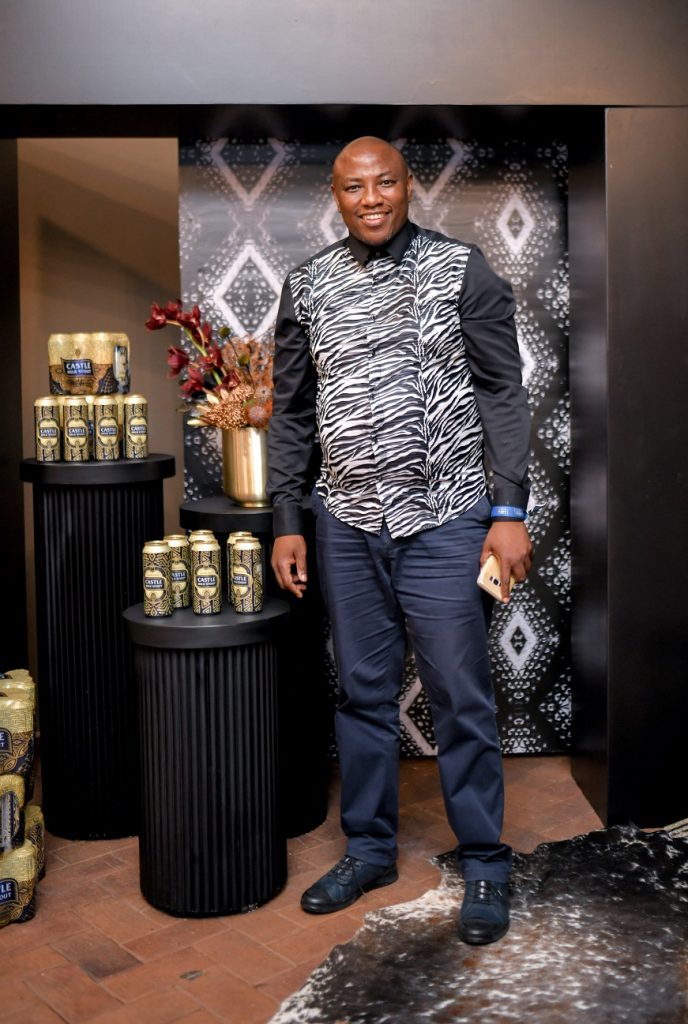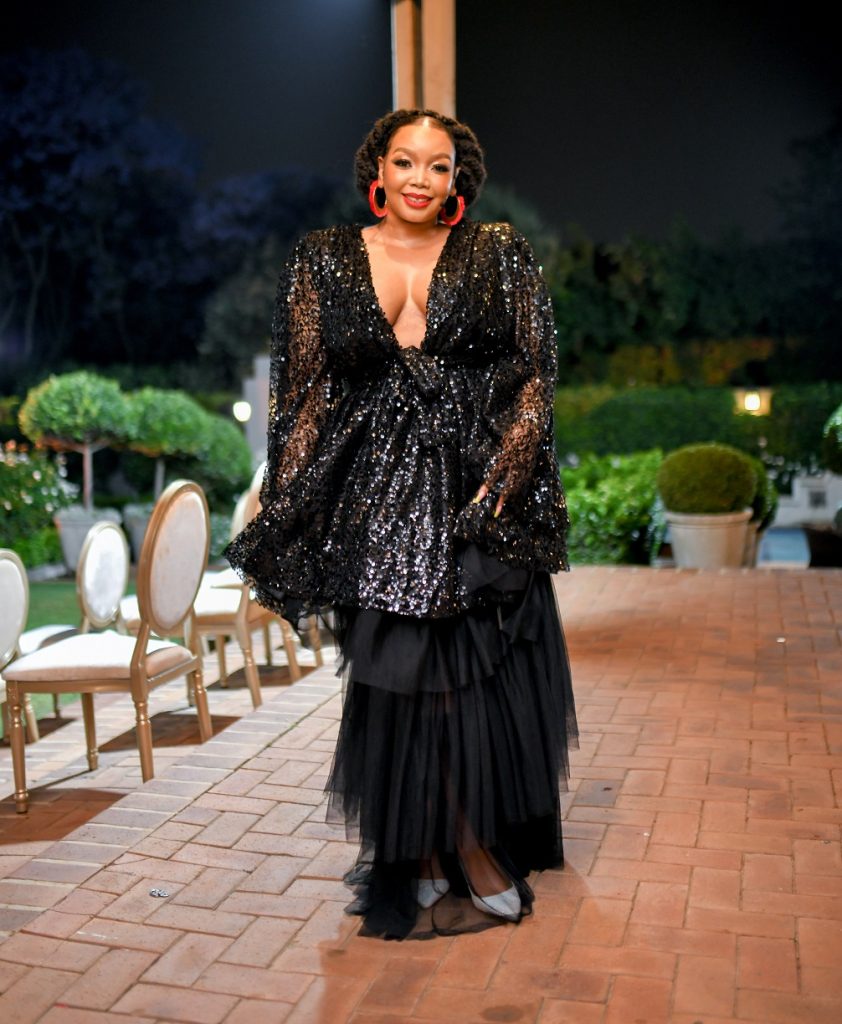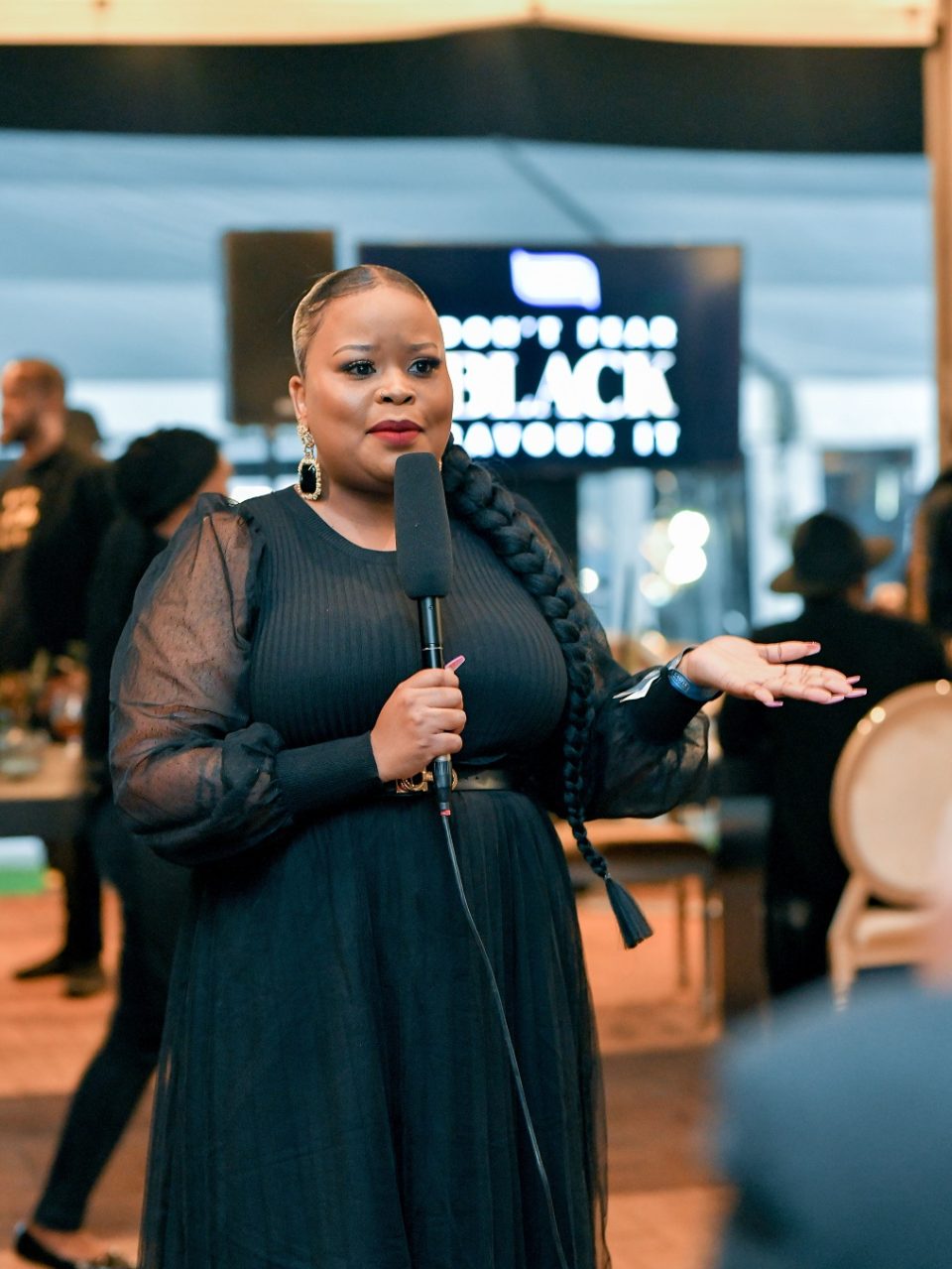
Castle Milk Stout’s Black Conversations four-part series debuted on the 20th of October featuring a highly opinionated and befitting set of panellists, including Phil Mphela, Celeste Ntuli, MaBlerh, Toll A$$ Mo and Dineo Ranaka who kicked off the series with the ever-controversial topic of cancel culture.
Cancel culture is defined as the phenomenon or practice of publicly rejecting, boycotting, or ending support for particular people or groups because of their socially or morally unacceptable views or actions. In essence, cancel culture is the act of rallying others who share the same sentiments and attempt to orchestrate one’s demise- to a circumstantial degree.

The concept in itself was never meant to be detrimental, the initial idea behind the concept of cancel culture was to get justice when otherwise failed by the law. The idea was that, if the law will not provide the justice that it should then one would take the law into his or her own hands in an effort to obtain justice in the form of revenge by attempting to threaten or destroy the livelihood of the perpetrator, as a means to an end.
However, like with most things, there are always negative elements to consider. Cancel Culture has now become notorious for its ability to instantaneously destroy a person’s life. It is laced with propaganda and a culture of revenge masked behind hidden agendas. Essentially it is “Public Court”.
Phil Mphela, LGBTQI+ activist provided insights and put forward that marginalised groups lean on cancel future to not only get justice but to have a voice as well. The debate began when Celeste challenged that notion by raising that cancel culture can be biased primarily towards marginalised groups in that in and of itself the “Cancel Culture” notion has proven to favour some more than others, depending on who you are. Not everyone is susceptible to the wrath of Cancel Culture.
The bigger question remains why nothing is being done about the public openly taking the law into their own hands. Toll A$$ Mo spoke about his own experience where he claims that the very same concept- cancel culture, ruined his career in a matter of 72 hours even though he was proven innocent by the court of law. He insisted that his demise was driven by the fact that people find joy in destroying the lives of others and that phenomenon has been normalised. He continued by stating that social media platforms, particularly twitter, hold way too much power, one so debilitating that it can destroy lives.
The reality is that any social media platform can be used for good as much as it can be used for bad but what can be done when timelines are riddled with the bad? Wrapping up episode one, the panellists all seem to come to an agreement that the problem lies within the algorithm of these platforms- they feed into the bad narratives when there is so much good happening around us.

How do you savour the richness of your blackness? Featured in this week’s episode, Dineo Ranaka and MaBlerh are joined by Thembisa Nxumalo Mdoda, Musa Mseleku and Lesego Tlhabi (Coconut Kelz) who come together to discuss the phenomenon of navigating being black in a westernised world.
The panellists begin the conversation by raising what they view as a harsh yet valid point in that modernity has normalised a watered-down version of blackness in order to accommodate the rest of society.
Being black is viewed as having many branches attached to it. To name a few: culture, spirituality, and tradition, however, how does one begin to strike a balance while staying true to their roots in a modernised and westernised society? Has evolution watered down culture to make it palatable for those around them or are societal influences a contributing factor to the demise of the essence of blackness?
All of these questions, insights and differing views are explored in the second episode of Black Conversations the four-episode series by Castle Milk Stout, which airs every Thursday at 21h30 on channel 161 Mzansi Magic. The series forms part of a broader Don’t Fear Black, Savour It campaign that was conceptualized from the observation that black (as more than just a colour), is largely attributed to being somewhat “Inferior” or something “to be feared” by society. It is through this campaign; the brand seeks to build a strong connection of its intrinsic and extrinsic properties. As Castle Milk Stout’s loyal consumers call the beer ‘inkunzi’emnyama’ , which translates to “The Black Bull”, the brand has taken this opportunity to inspire Africans around the continent to embrace and celebrate blackness in all its forms. Including embracing and savouring the rich smooth taste of Castle Milk Stout, which is a black liquid in nature. As a purpose-driven brand, through this campaign, Castle Milk Stout encourages South African consumers to embrace the colour and the taste of the liquid by declaring and speaking about the issues that drive people to fear black. The brand aims to see people around the country sit back, relax and savour the moment, as they watch and engage the topics brought forward on “Black Conversations” each week.
To learn more about the campaign, consumers can use #BlackConversations. For more information and queries, visit www.castlemilkstout.co.za and follow the official Castle Milk Stout social media accounts:
Twitter: @CastleMilkStout
Facebook: Castle Milk Stout
Instagram: @castlemilkstout_sa
YouTube: Castle Milk Stout
INFO SUPPLIED.


